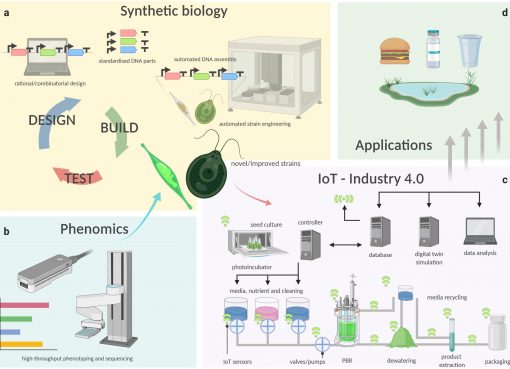Only a few advancements might have received that much attention from the global community in the history of development as that of Artificial Intelligence (AI). Artificial Intelligence has brought in a new era of innovation and is capable of revolutionizing nearly every aspect of our lives. However, it has also brought forth a multitude of implications, both favourable and dangerous, that need careful consideration.
It is worth recognizing that AI holds the potential to reshape industries, economies, and societies in a manner that is unimaginable. From healthcare and transportation to finance and entertainment, AI-driven technologies are already transforming our work, communication, and interaction with the world around us. AI-driven automation in different sectors has the capacity to rationalize processes, increase efficiency, and enhance productivity on a scale not seen previously.
Moreover, AI has the capacity to provide solutions to some of humanity’s most difficult problems and challenges. In healthcare, AI algorithms can analyze vast amounts of medical data to provide early diagnosis of diseases, personalize treatment plans, and make the outcomes better. In agriculture, AI-based systems can optimize crop yields, mitigate impact of environment and pests, and ensure food security for an expanding global population. From climate change to education, AI offers innovative solutions that have the potential to foster a brighter, more sustainable future for all.
However, the rapid advancement of AI also raises profound ethical, societal, and existential concerns. With the introduction of AI-based systems in various sectors with increasing sophistication, questions have come to the fore front in respect to privacy, bias, and accountability. The increase of AI-operated autonomous weapons and surveillance technologies has raised unprecedented threats to global security and human rights. Moreover, the potential of AI-based technologies leading to extensive automation in the industrial sector has sparked fears of job displacement for millions in the near future leading to economic inequality and social unrest.
Furthermore, there exists a serious risk of AI surpassing human intelligence, with the speculation that one day AI may outpace our ability to control or understand it precisely. The prospect of superintelligent AI raises profound questions about the nature of consciousness, morality, and humanity.
While discussing the impact of AI on the future of humanity, it is necessary to advance its development and deployment with great foresight, responsibility, and ethical considerations. Robust regulatory frameworks, interdisciplinary collaborations, and wide-ranging dialogues are essential to ensure that development and employment of AI brings in collective well-being of the society minimizing potential damage. To ensure AI’s positive impact, it is crucial to make the people at large more informed and engaged. Leaving decisions solely to a few technological elites would certainly pose a danger of concentrating power in their hands. Ensuring that AI serves the best interests of the humanity requires our collective effort.
In summary, future of AI lies in responsible development, transparency at all levels, and multidisciplinary collaboration. By adopting a conscious and regulated approach, certainly we will be able to make AI a tool to shape a brighter future for humanity.



